By He Huaihong, Distinguished Chief Professor, School of Philosophy, Zhengzhou University
Beijing, Aug. 5, 2022 (CNS) -- Comparing the beginning of human civilization with the modern age, humans have indeed achieved unimaginably tremendous achievements in modern times, especially in material and technological aspects. But there is also a challenging fundamental problem. As the foundation and indeed an indispensable priority of human beings, material civilization has become the superstructure and the highest value goal in the modern era. It seems all accomplishments need to be measured by material gain and all human ingenuity should be invested in causes that promote material achievements. If improving humans' ability to make and use tools, as well as their material living standards becomes the highest goal or even the only one, then what defines them as human beings, and how do they differ from animals or even from primitive people before civilization? In short, how to define civilization?
What is “civilization”?
China and the West don’t show much difference in their initial understanding of the original meaning of “civilization”. Both refer to a state of enlightenment—that is, a state with material prosperity, popularization of knowledge, a formed political order and a spirit that has left barbarism and ignorance behind.
Ancient Chinese sages contributed to enriching the meanings of “civilization” very early. In the Book of Changes, the Tuan that explains the Da You hexagram, says” The attributes of its component trigrams are strength and vigor with elegance and brightness.” The Tuan that explains the Ming Yi hexagram says “The inner trigram denotes being accomplished and bright; the outer, being pliant and submissive. The case of king Wan was that of one who with these qualities was yet involved in great difficulties.” The Tuan that explains the Tong Ren hexagram, says “Then we have the trigram indicating elegance and intelligence, supported by that indicating strength; with the line in the central, and its correct, position, and responding to the corresponding line above: all representing the correct course of the superior man.” This is “civilization” in terms of personal virtue. It also means extending, educating and promoting civilization’s virtue to the world. For example, the Tuan that explains the Ge hexagram, says “We have cultivated intelligence as the basis of pleased satisfaction, suggesting great progress and success, coming from what is correct.” The Wenyan, which explains the Qian trigram, says “The dragon appears in the field, all under heaven begins to be adorned and brightened.” The Tuan that explains the Ben hexagram, says “If ornament be allowed to advance and take the lead.' This is illustrated in the appearances that ornament the sky. Elegance and intelligence denoted by the lower trigram regulated by the arrest denoted by the upper suggest the observances that adorn human society. We look at the ornamental figures of the sky, and thereby ascertain the changes of the seasons. We look at the ornamental observances of society, and understand how the processes of transformation are accomplished all under heaven.”
These understandings are similar to the meaning of "civilization" and "enlightenment" today. However, in longstanding Chinese traditional thought, the core of civilization is mainly the promotion and cultivation of humanistic spirit and virtue; it does not directly relate to material and political civilization. In other words, civilization should be comprehensive, including material, political and spiritual civilization. The historical evolution of human civilization in its inception period also approximately followed such a process and rhythm from the material foundation, and from political order to spiritual creation.
From the perspective of civilization’s modernization, since the Age of Exploration, and especially since the Industrial Revolution with convenient communication, human beings as a whole have entered the era of global civilization. Some primitive tribes have been included, while other non-Western civilizations have generally accepted putting economy and technology first as the direction of modern civilization’s development.
After entering modern industrial civilization, especially the current stage of high-tech civilization, although humans’ ability to create and use tools and material living standards has greatly improved, ability in spirit and moral self-control has not been improved Correspondingly. In other words, it is hard for human nature to improve dramatically and continuously. But human beings can also think and reflect, then adjust their own value pursuits and behavior.
This is also my original intention in writing The Ruse of Equality. Facing the current crisis in the world, human beings have come to a moment when we have to introspect deeply. An appropriate way is to reflect on the two ends of civilization–that is, the beginning and the modern end The beginning refers to the time when human beings were about to enter civilization and, subsequently, until the material foundation, political order, and spiritual civilization were basically established–a period when the fundamental values of several major civilizations begin to diverge. The modern end refers to human beings’ entering the era of ideological enlightenment and industrial civilization and, since then, the rapid development of technology in the contemporary era.
The Two Ends of Civilization
Human history goes back millions of years, but the history of human civilization only more than 10,000 years. It may be said that it was not until that time that some groups of human beings coincidentally started to plant crops and raise livestock in the great river basins, thus entering the material civilization marked by agricultural civilization. More than 5,000 years ago, human beings entered political civilization. About 2,500 to 3,000 years ago, they created their own spiritual civilization value systems.
In the more than 8,000 years at the beginning of civilization, human civilizations, though largely separated, shared many common characteristics, including an emphasis on the material foundation, belief in deities and the worship of force. Yet by the time of what the German psychiatrist and philosopher Karl Jaspers called the “Axial Age” — a phenomenon of human cultural breakthroughs that simultaneously occurred in China, the West and India around 500 B.C. – spiritual creation became the dominant value influencing major civilizations. As a result, obvious differences between different civilizations emerged, such as the mixed politics and the golden mean in ancient Greece, the sage politics and moral humanities in China, the monotheism brought by Judaism and Christianity in the Middle East, and the Hinduism and Buddhism in India, through which a clear distinction between Eastern and Western civilizations came into being. In modern times, various forms of civilization have met on a large scale, with collisions and impacts. The entire history of human civilization has undergone a process of “unity-division-unity,” behind which is the logic of “material as the foundation, value as the dominant factor and politics as the key.”
The two ends of human civilization have something in common. In terms of dominant values, for example, they both pay great attention to developing people’s ability to control objects and improving social and material life. In modern times, there has been a change in the human world from “the ways of the East and the West are different” to “no question of the East or the West,” as the philosopher and politician Liang Shuming said. That is to say, regardless of East or West, most nation-states are centered on economic development, with technology leading economic growth. In particular, the miracle of China’s economic rise over the four decades of reform and opening-up has benefited from this change in dominant values, and from the virtues of diligence, thrift, emphasis on education and good learning capacity that the Chinese have formed over thousands of years. China’s respect for public opinion has turned the “small tradition,” passed down among the people, into the “big tradition” of society.
But there are also many differences between the two ends of civilization. The largest is that material pursuit, mainly an infrastructure at the beginning of civilization, in modern times seems to have become the main or highest pursuit. In addition, the middle stage of civilization, when the major civilizations already had 2,000 to 3,000 to practice their value pursuits and form their particular cultural traditions should not be ignored. There is more than one path to prosperity, and even if the value goal of modernization is the same, the paths to achieving it are rather different.
From a very early time, Chinese civilization has taken its own path with its unique large scale and continuity. As the largest population group in the history of human civilization, China has not missed a single step in the development process of “material civilization-political civilization-spiritual civilization,” once even taking the lead in the world. As a result of the spiritual and political evolution from the “Zhou Dynasty’s system” to the “Han Dynasty’s system”, which began 3,000 years ago, China pioneered a stable path from a “hereditary society” to an “ancient electoral society”. (For more details, please refer to my books Hereditary Society and Election Society.)
The comprehensive content of “civilization”
While modern civilization has created technical and economic miracles, it has also bought malaise and even worries: Will civilization begin with material pursuits and end with material desires? In addition to rejoicing in material success and improvements in material life, we have indeed witnessed the prevalence of material desires and surging utilitarianism when value has become the sole pursuit, spiritual life has become impoverished, and the material wealth and the leisure time modern civilization brings are often not tapped for human spiritual and artistic development. Mankind elevates itself above the animal world through its own spirit and wisdom but returns to the animal nature for only chasing after material possession.
This pursuit of value not only prevents human beings from manifesting their unique spiritual values, but also raises many real dangers and challenges: external problems caused by environmental pollution and climate change, and internal problems induced by artificial intelligence and genetic engineering. Will people be fundamentally changed or even replaced? Is the shadow of war with high-tech capabilities and weapons of mass murder always looming over mankind? These are the questions I raise in my book Human Civilization at Risk.
Humanity has probably reached a point that demands urgent introspection. Asking questions is the first step toward self-reflection. Thus, in The Ruse of Equality, I keep asking those who celebrate the leaps and bounds of technology and who have confidence that development is always a boost to civilization: “Do we need to figure out the comprehensive meaning of ‘civilization’? What kind of civilization do we want – just the continuous growth of material goods, technology and economy? Did humans break away from the animal kingdom just to increase their control over animals and external objects to the extreme? Will technological development contribute to the prosperity of the entire civilization, or will it bring about a crisis? What is the future and the way out for mankind in the later chapter of civilization history? How can we get rid of the 'iron cage,' as Weber called it, created by the combination of material desires and our capability in using tools? If, at the beginning of civilization, the ancients had to do almost everything possible to obtain energy to meet the basic needs of survival and development, is it still necessary for present-day people to do everything possible for the continuous improvement of material control and material life? What kind of danger would it bring?”
I hope these issues will draw people’s awareness and caution so that they can think extensively and thoroughly about the direction of human civilization, about its value pursuit system, and also about our self-control and normative system, so as to adjust our behavior and lifestyles.
_______________________
(Translated by LIU Yanghe, LONG Yuchen, ZHANG Diyang, LI Jiaying)








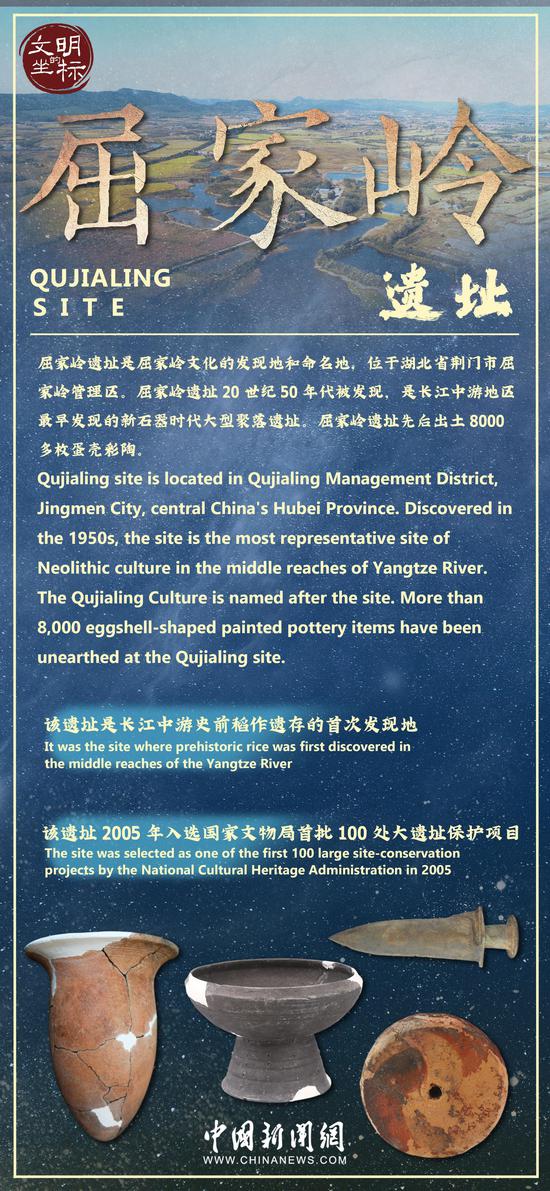

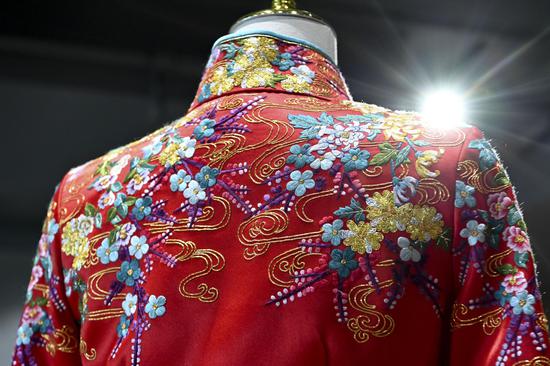
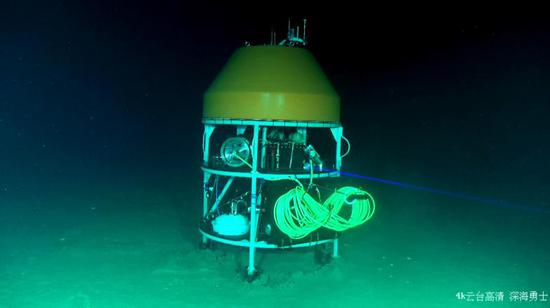
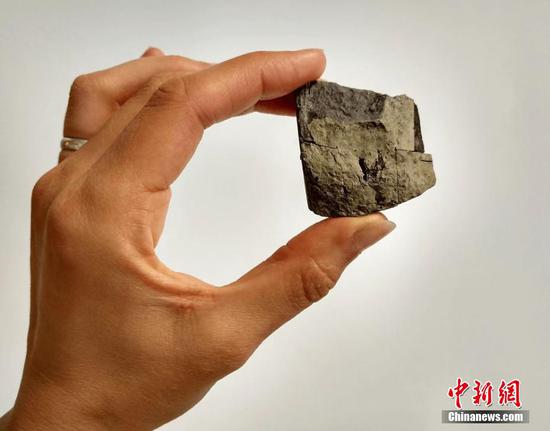
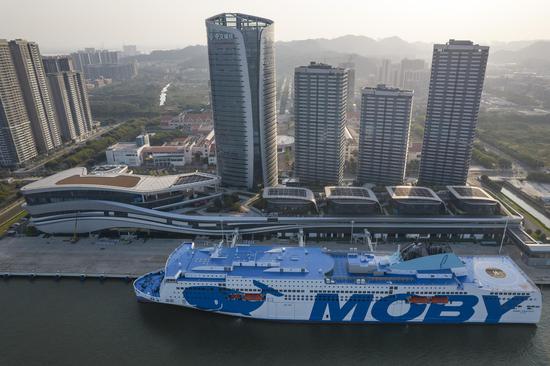
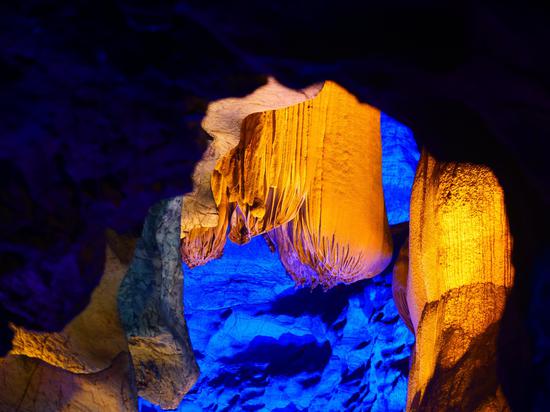

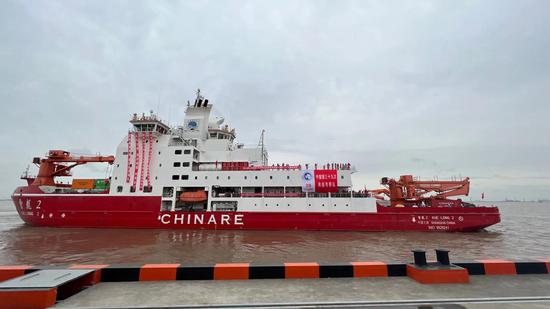
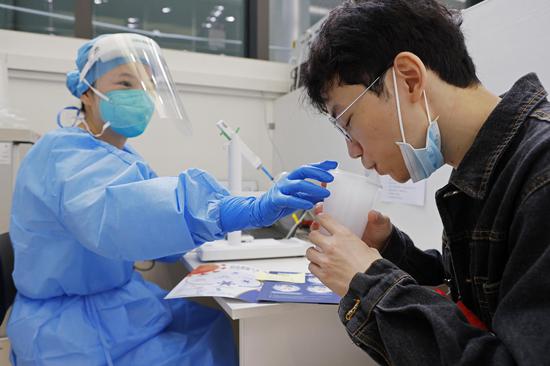
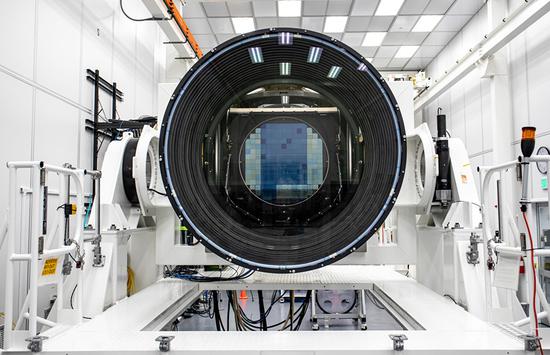
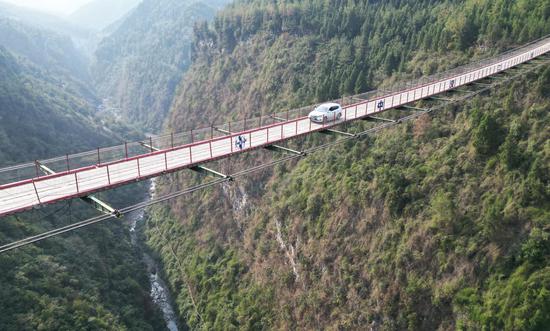

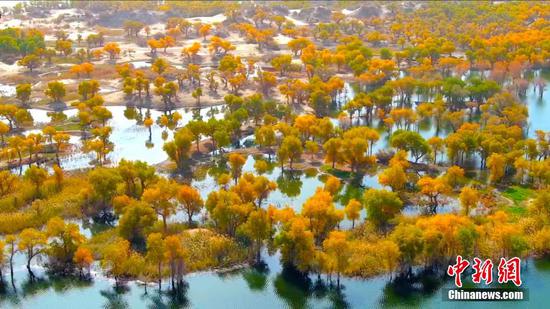
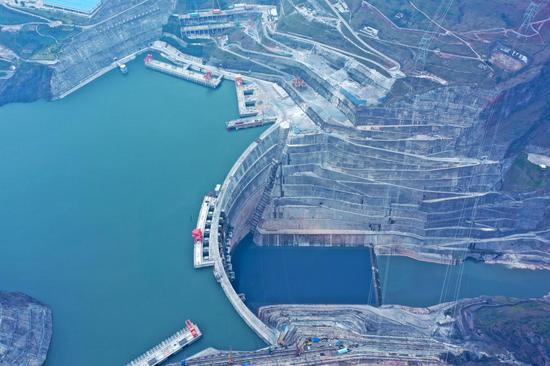

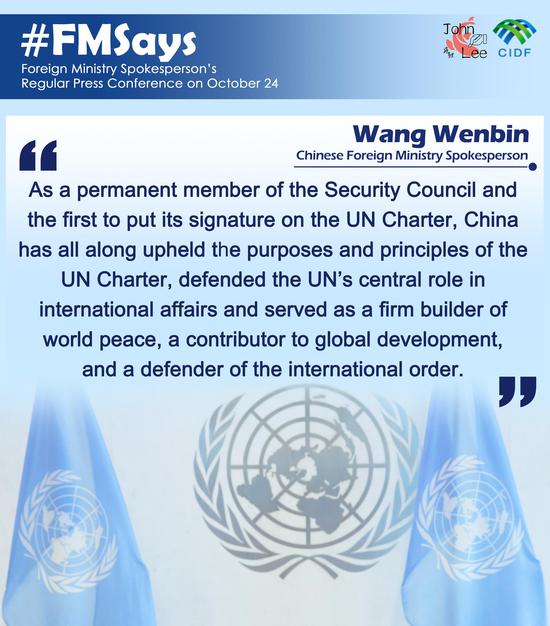
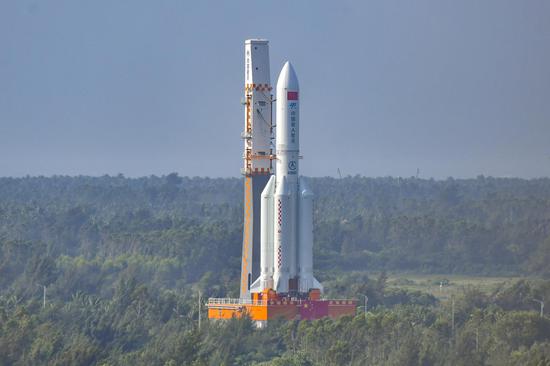

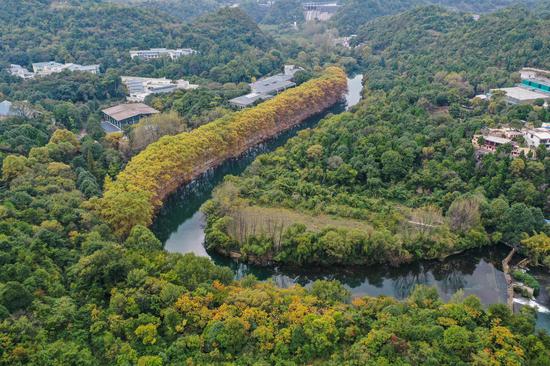
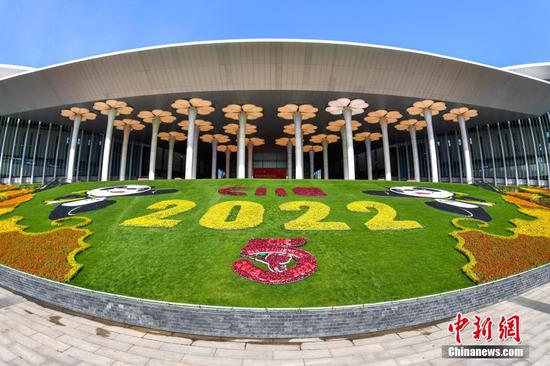

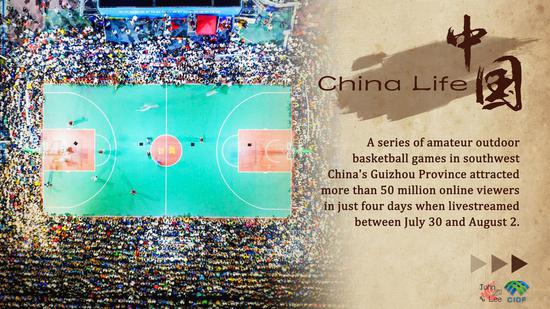
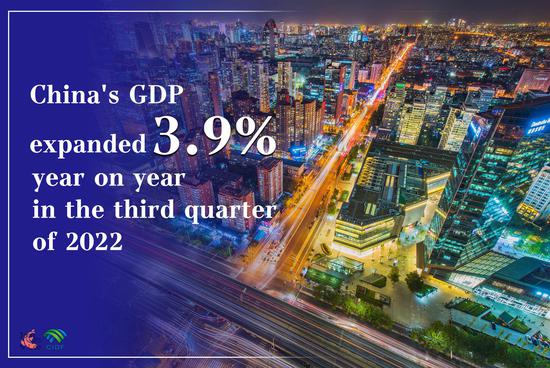
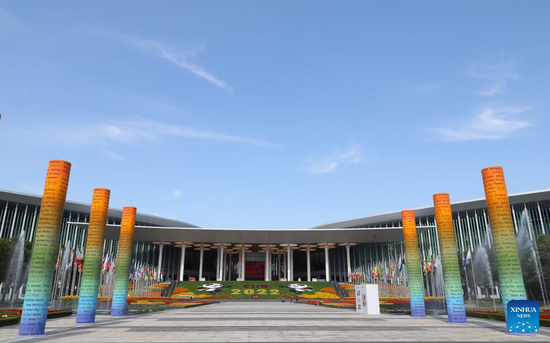
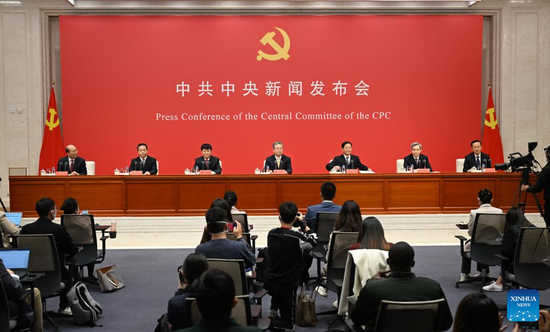
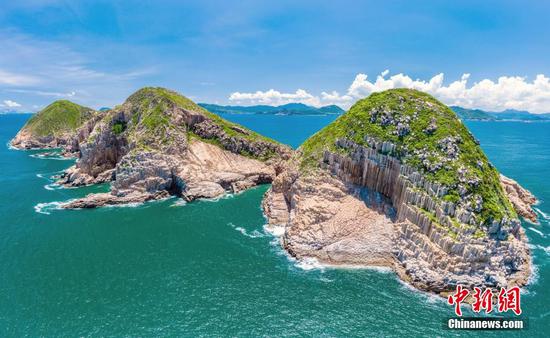

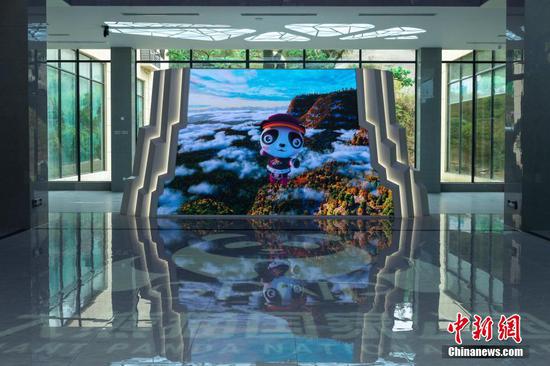
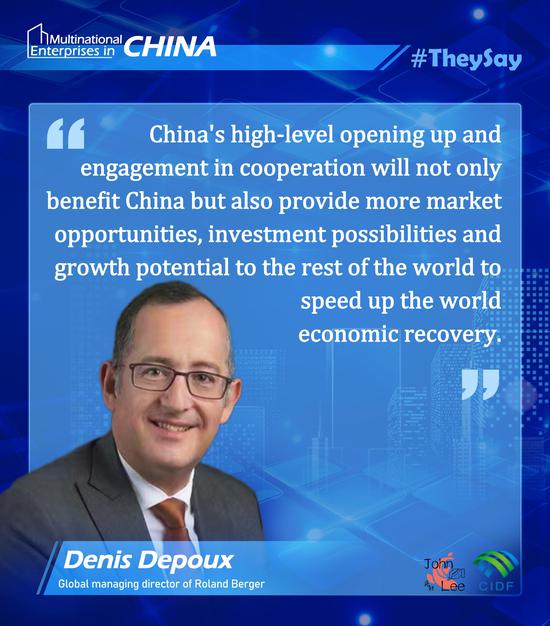
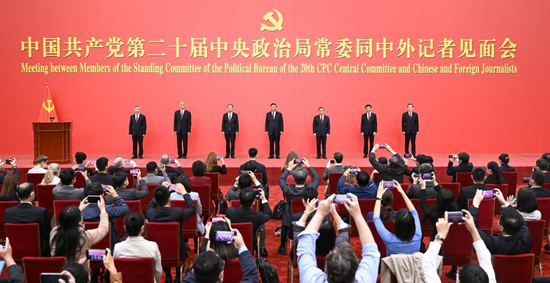
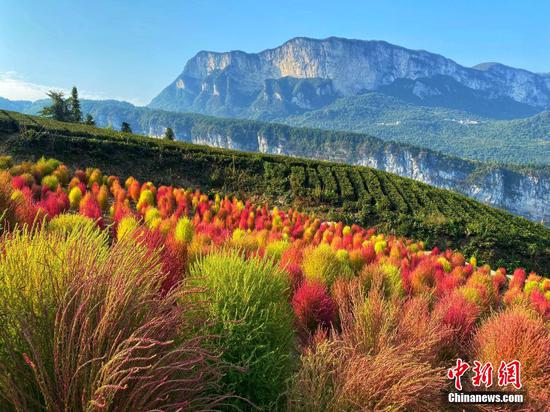
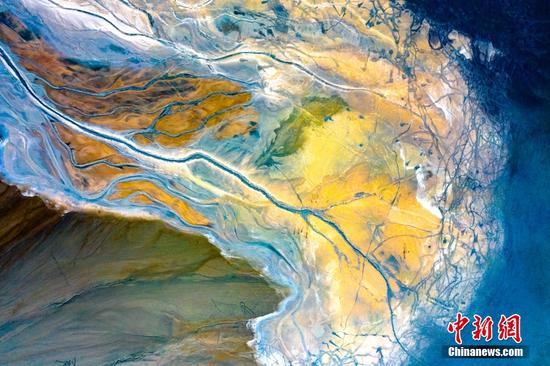
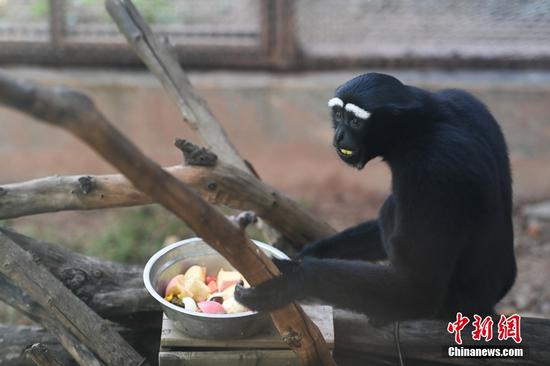
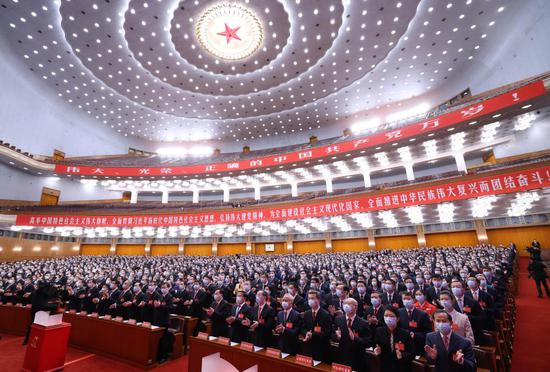
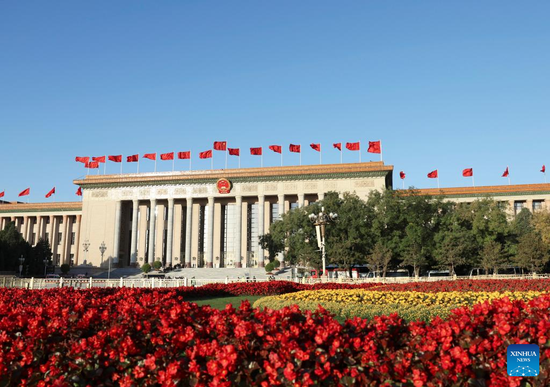
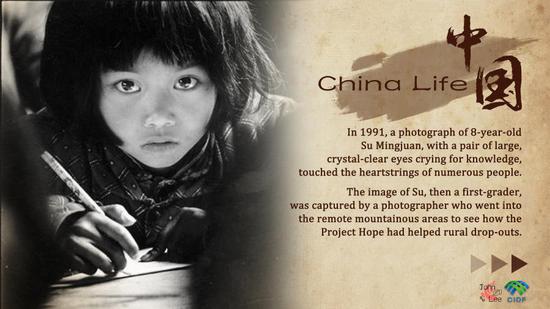





 京公网安备 11010202009201号
京公网安备 11010202009201号